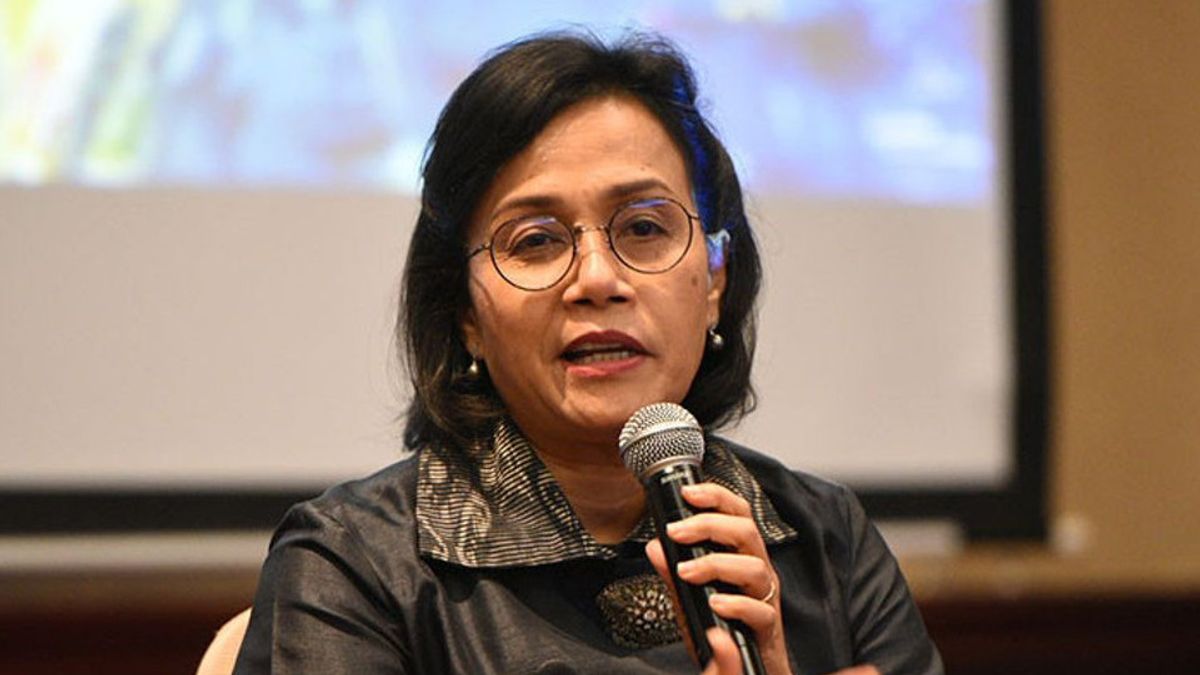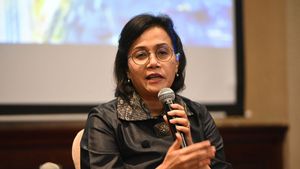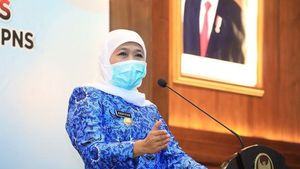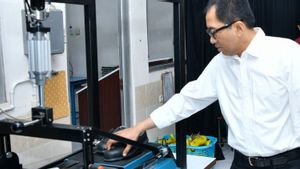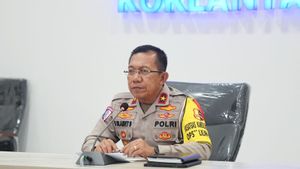JAKARTA - Minister of Finance Sri Mulyani Indrawati, who is also a Member of the Board of Trustees (MWA) of the University of Indonesia (UI), stated that human resource development (HR) is the key to the progress of a country.
"State finances are a reflection of the overall potential of the Indonesian people to get revenue from natural resources, culture, and community economic added value," she said when she was a resource person for the 2021 UI New Student Initial Activity (Kamaba), as stated in UI's written statement in Jakarta, Sunday.
In front of approximately 8,000 new UI students at the D3 (vocational), D4, and S1 levels from regular, parallel, and international class programs, Sri Mulyani attended online delivering an explanation related to the big theme of the UI Kamaba event, namely "One Because Different".
The Minister of Finance conveyed the potential of the Indonesian nation and how this potential can be optimized to bring prosperity and prosperity to the entire community.
All potential wealth owned by Indonesia is collected into state finances through various forms, such as taxes, mining products, and royalties.

Taxes are public money collected by the state and will be used to finance state development policies in various fields to promote public welfare, such as human resource development.
"Human resource development is the key to the progress of a country," said Sri Mulyani, who was the speaker on the fourth day of Kamaba UI with the theme "Caring for the Potential of the Indonesian Nation".
This progress is reflected in various aspects, ranging from education, health, poverty, and manners.
"The state's finances come from the community through taxes and will return to the community through policies that encourage the progress of the nation. Progress is measured in various ways, such as the progress of the way of thinking, and it must be seen not only from the educational process but how we create a social environment and a warm country, where people can participate in critical thinking and care about their country," said the Minister of Finance.
SEE ALSO:
He said progress can also be seen in terms of health, with the younger generation not being malnourished.
In addition to these two things, progress must also be seen in terms of poverty, namely whether there are still parts of Indonesia that experience poverty and how to overcome it.
"However, the most important thing of all is progress in the civilization of the people in the form of attitudes, character, and behavior," said Sri Mulyani, who is also actively teaching at the UI Faculty of Economics and Business.
Thus, the problems in these aspects become a joint work that must be considered in the preparation of the state's strategy in using public money.

This is because problems in these aspects are obstacles to Indonesia's progress.
Developments in the fields of education, health, and basic infrastructure, from clean water, electricity, and connectivity in the form of road construction that connect goods production centers to places where they can sell their goods are important to sustain and encourage Indonesia's progress.
This connectivity is accompanied by an increase in the capacity of state institutions such as good governance, efficiency, productivity, and anti-corruption.
Therefore, the state is here to realize this progress through its alignment by encouraging development in the aforementioned aspects, building connectivity between regions in Indonesia, and realizing efficient governance.
"These things are various requirements to be able to progress and the state shows its side to encourage Indonesia's progress through the allocation of state finances on these matters," said Sri Mulyani.
The English, Chinese, Japanese, Arabic, and French versions are automatically generated by the AI. So there may still be inaccuracies in translating, please always see Indonesian as our main language. (system supported by DigitalSiber.id)
